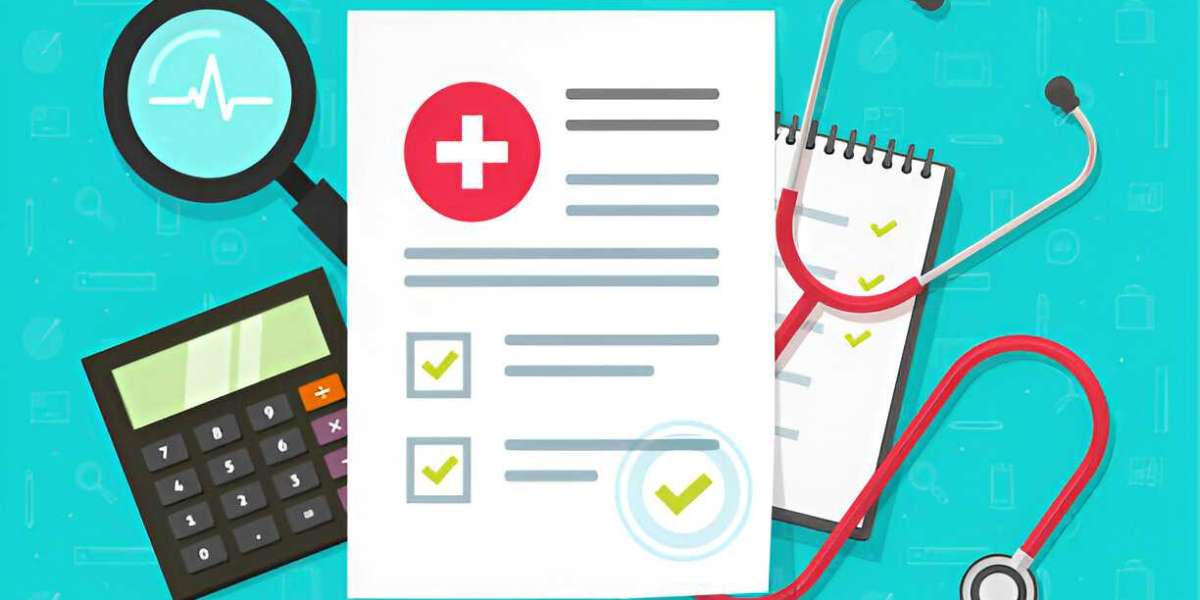As healthcare becomes increasingly specialized, so too must the revenue cycle management systems that support it. Allergy and podiatry billing services represent two critical but often misunderstood components of medical billing.
The Complexity of Allergy Billing Services
Allergy practices routinely deal with a wide array of diagnostic and therapeutic services—ranging from skin testing and immunotherapy to complex drug allergy procedures. Each of these services comes with distinct CPT and ICD-10 codes. A slight documentation or coding oversight can result in claim denials, delays, or revenue losses.
Allergy billing services must account for:
Testing specificity (e.g., CPT codes 95004–95078 for skin tests)
Frequency limits imposed by payers
Appropriate use of modifiers for procedures performed during the same visit
Immunotherapy billing and vial preparation codes (95115–95199)
By using allergy and podiatry billing services tailored to the practice’s specific workflows, providers can avoid the most common denial reasons—such as missing supporting documentation or inappropriate bundling.
Why Podiatry Billing Requires Expertise
Podiatry billing services require deep familiarity with foot care-specific services, especially since Medicare and commercial insurers have strict guidelines for what constitutes “routine” versus “medically necessary” foot care. Nail debridement, callus removal, and wart treatment may be considered non-reimbursable unless certain systemic conditions (like diabetes or peripheral vascular disease) are documented.
Some key complexities in podiatry billing include:
Meeting Medicare LCD (Local Coverage Determination) guidelines
Understanding use of Q modifiers (Q7, Q8, Q9) in relation to diabetic foot care
Managing the frequency of services like orthotic adjustments or x-rays
Proper use of global surgical modifiers for bunionectomies or hammertoe corrections
Without specialized billing support, podiatry clinics may frequently encounter downcoded claims or documentation requests that delay payment.
Integrated Solutions for Allergy and Podiatry Clinics
Allergy and podiatry billing services must be more than just claim submission tools—they must include a full-service revenue cycle management (RCM) framework. This includes:
Eligibility checks prior to service delivery
Accurate charge entry and documentation review
ICD-10 and CPT code validation
Claim scrubbing and compliance audits
Timely follow-up on unpaid or denied claims
Patient balance billing and support
Allergy and podiatry practices benefit from this approach by maintaining compliance and maximizing collections.
Credentialing and Contracting: The First Step in Financial Success
Before any billing process begins, allergy and podiatry providers must ensure that they are properly credentialed with insurers and that payer contracts are optimized. Credentialing mistakes can result in months of unpaid services. With allergy and podiatry billing services that include insurance credentialing services, clinics can:
Avoid coverage gaps due to credentialing delays
Secure more favorable reimbursement rates
Track re-credentialing and expiration deadlines
Credentialing is especially important in podiatry where state-specific licensing and scope-of-practice laws can impact reimbursement.
Reducing Denials with Smart Pre-Billing Workflows
Claim denials can cripple a specialty practice's cash flow. In both allergy and podiatry billing, denials are often caused by preventable errors such as:
Incomplete clinical documentation
Missing prior authorizations
Unbundled services billed inappropriately
Non-compliance with frequency limitations
Robust allergy and podiatry billing services proactively address these issues through pre-billing audits, pre-authorization workflows, and detailed documentation checklists. A smart billing partner also provides denial analysis reports to identify patterns and prevent future issues.
Technology and Automation in Specialty Billing
Modern medical billing and coding services increasingly rely on automation, AI-based claim scrubbing, and EHR integrations. For allergy and podiatry clinics, this means:
Streamlined claim processing with fewer manual errors
Faster turnaround times on payer payments
Automated patient statements and payment plans
Real-time analytics dashboards for billing metrics
Practices using integrated allergy and podiatry billing software platforms report greater billing accuracy and lower administrative overhead.
Training and Compliance in Specialty Billing
Billing accuracy depends heavily on staff knowledge. In allergy and podiatry billing, regular training on:
ICD-10 updates
Payer policy changes
Modifier usage (especially for bilateral procedures or staged treatments)
Documentation best practices
...is essential. Quality allergy and podiatry billing services include ongoing education for billing staff and periodic coding audits to keep practices compliant and efficient.
Patient Communication and Transparent Billing
Both and podiatry and allergy medical billing services often involve out-of-pocket costs—whether for custom orthotics or allergy injections. Practices that clearly communicate these costs up front and offer easy-to-understand statements are more likely to maintain patient trust and accelerate payments.
Billing partners should offer:
Easy-to-navigate patient portals
Online payment options
Transparent explanation of benefits (EOBs)
Responsive customer service
This is particularly important in specialties like allergy testing, which often involves a series of treatments that must be pre-authorized and discussed in advance.
The Bottom Line
Specialized care requires specialized billing. Allergy and podiatry billing services allow practices to avoid costly mistakes, reduce denials, and improve their revenue cycle outcomes. From proper coding and documentation to smart claim tracking and credentialing support, these services ensure that every claim submitted stands the best chance of being approved on the first try.
As the demand for allergy and podiatry services grows—driven by aging populations, environmental sensitivities, and chronic conditions—the need for accurate, efficient, and tailored billing solutions becomes more important than ever.



